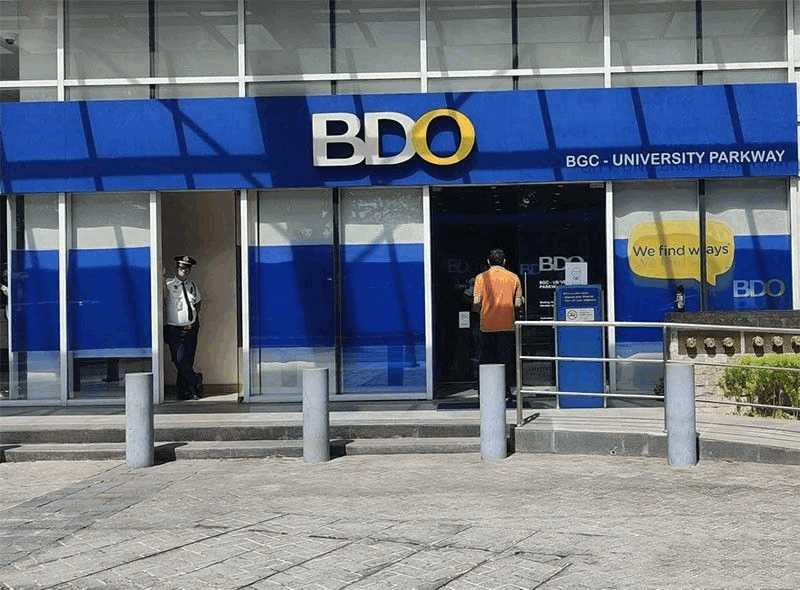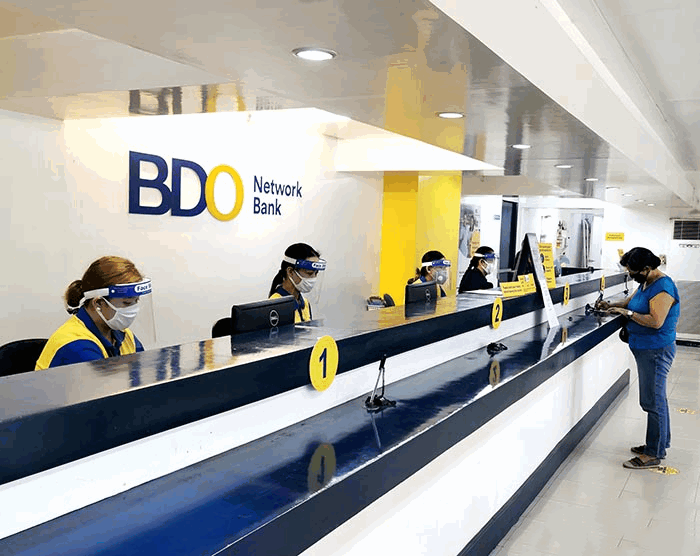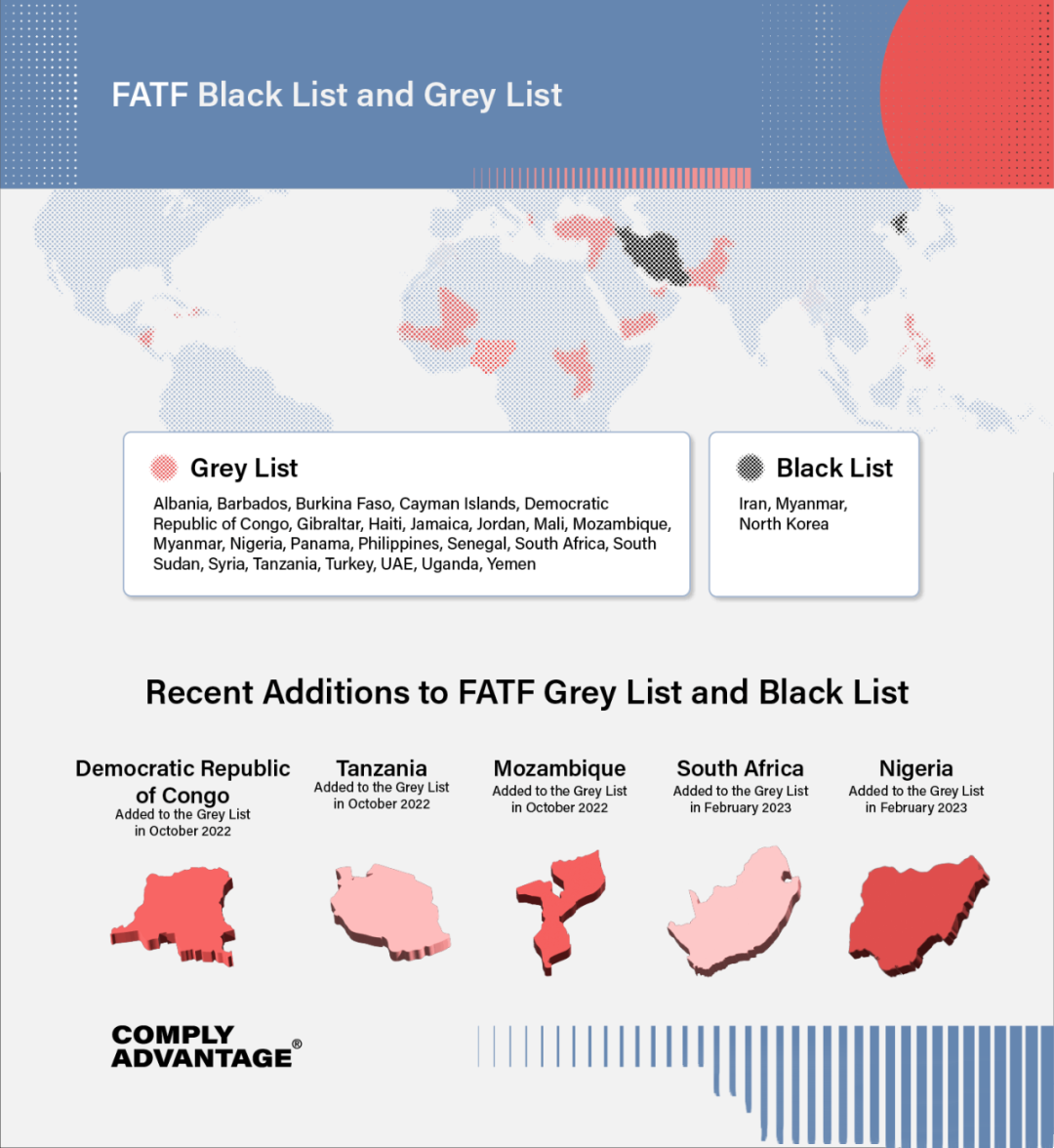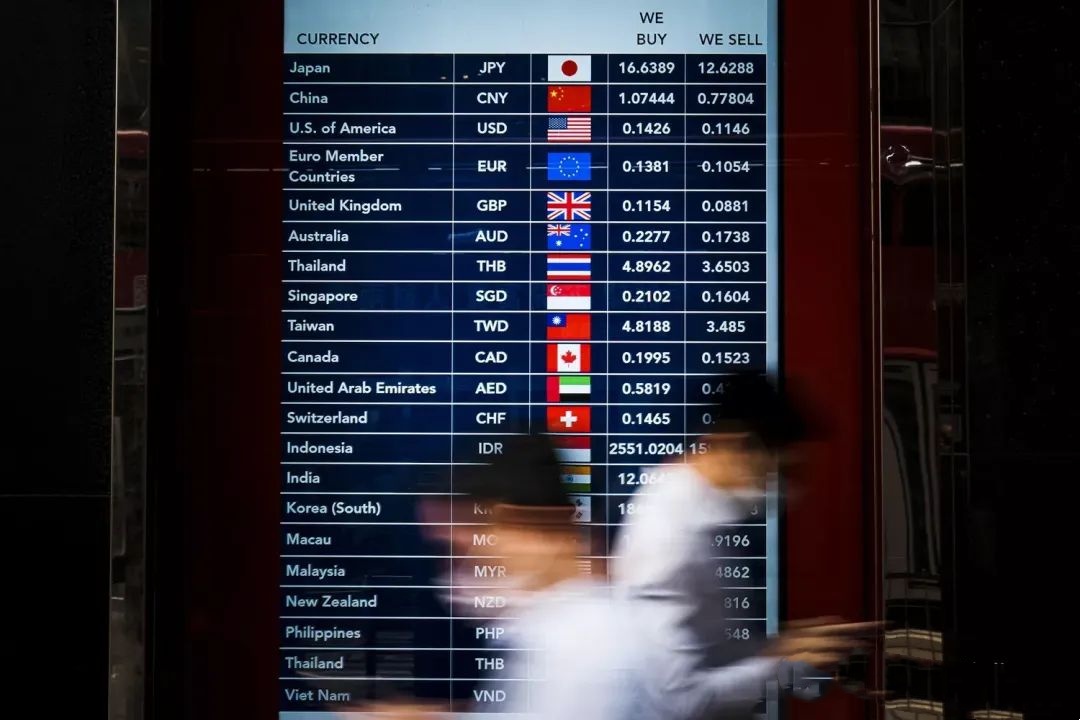Since Marcos Jr. announced the ban on online gambling, various industries in the Philippines have started targeted measures. For example, upscale residential areas in some cities have begun to scrutinize the applications of foreign tenants, especially Chinese tenants, whose applications are strictly reviewed. Industry affiliation, company documents, work visas, and the number of residents have all become essential requirements for applications.
Even PASA heard from some rental agents that a few exclusive residential areas have already stopped accepting applications from Chinese tenants, who are being turned away.
One might think that these issues have nothing to do with oneself and that such troubles wouldn't affect oneself. However, the saying "When the nest is overturned, no egg remains intact" is not just a casual remark. Once Chinese are labeled as "suspected of being involved in gray industries," the situation targeting the group will inevitably affect individuals, and most Chinese will inevitably have to bear the consequences of the impact of the gray industry.
One
It's unclear which banks the Chinese in the Philippines use for their local bank cards, nor is it known if everyone's experiences are similar to the editor's.
I got a BDO bank card before the pandemic because BDO's parent company, SM Group, is owned by the family of Herry Sy Sr., who has been the richest man in the Philippines for many years. Theoretically, they should be more friendly towards Chinese, and BDO also has a Chinese customer service department and Chinese-speaking staff.
Because of these differentiated friendly services, I have been using BDO as my main card in recent years. However, recently when I went to withdraw money from BDO, I found that the difficulty of withdrawing money had significantly increased, and it was almost exclusively targeting Chinese people.
According to the regulations of Philippine banks, when withdrawing money, you must carry a passbook or bank card, as well as two identity documents to prove your identity.
The first time I noticed the increased difficulty in withdrawing from BDO, I had brought all the required documents, but the withdrawal process, which used to take a few minutes, took about half an hour that day. The teller first asked what the purpose of the withdrawal was, then required signatures on several documents, and finally, the bank manager also appeared and continued to sign on the signed documents.
Two
I thought this was just an isolated case at some BDO branches, and that going to the home branch might be easier, but subsequent experiences revealed similar situations.
Even going to the BDO branch where I originally opened my account, the withdrawal process was the same, with continuous signing and long waits. Every time I asked why withdrawing money for foreigners had become so complicated, the teller and bank manager replied, "We are following the process," but further inquiries went unanswered, and the bank staff couldn't explain the origin of this process.
Later, during a dinner with several Chinese friends, an old-timer who had been in the Philippines for a long time speculated that the bank's policy might be related to recent hot events, the two most famous being the legendary figure Guo Huaping and the online gambling ban.
Guo Huaping, who had nearly a hundred accounts, made a fortune through online gambling and telecom fraud parks. Tens of billions of pesos in gray income were transferred and traded through the Philippine banking system, successfully bypassing the Philippine banking regulatory policies. She eventually fled successfully, which not only embarrassed the Philippine government but also the banks. Of course, she was eventually extradited back, but that's another story.
The Philippine government and banks were furious. They didn't care whether ordinary Chinese had any connection with Ms. Ping; since she had made a mistake, all Chinese had to be punished. Ordinary Chinese were "guilty by association" with Ms. Ping.
Another recent event is the online gambling ban. Since online gambling was banned, a large number of online gambling personnel and related industry personnel have gradually left the Philippines, and leaving the Philippines inevitably means taking their deposits with them. The massive withdrawals could lead to insufficient bank funds, so the banks might also be considering this, starting to strictly review the withdrawal requests of Chinese people.
All these are deductions made by me and my friends, but these deductions are not blind guesses. Observing the policies of Philippine banks over a long period, one can indeed feel that many situations are related to hot events and also related to some movements of the Chinese.
In 2015, I applied for my first local bank card in the Philippines. At that time, the requirements were quite low; a tourist visa was enough to apply, without the need for a residence certificate or work proof, nor a work visa and company documents. After submitting basic information, I quickly received the card.
In the following years, more and more Chinese came to the Philippines, and the gray industry also grew rapidly during those years. The influx of Chinese led to a sharp increase in the number of card applications, and the use of loopholes in the process and policies of Philippine bank cards for financial crimes also increased. The most typical was the use of checks for bouncing check fraud, which caused heavy losses to many victims during those years.
Some kidnappers also directly used Philippine bank cards to receive ransom, but the ransom was not transferred to the kidnappers' own accounts but into the bank accounts of currency exchangers. The unsuspecting currency exchangers, seeing the funds arrive and provided with a deposit slip by the kidnappers, would transfer the corresponding US dollars or RMB to the kidnappers without a second thought, and then find themselves confusedly arrested by the police.
The police, in order to close the case quickly, generally did not listen to the explanations of the currency exchangers, directly confiscated the involved funds, and threw the currency exchangers into jail, but the banks had to cooperate in handling the subsequent affairs, also knowing that some Chinese were using Philippine bank cards to commit crimes.
Similar situations became more and more common, and the number of Chinese applying for bank cards also increased. Philippine banks began to gradually tighten policies until they started to strictly control the bank accounts opened by foreigners, especially for applicants of Chinese nationality, adopting a strict strategy of multiple reviews.
Three
By 2019, when I wanted to apply for a second local bank card and an accompanying online banking account, I found that the difficulty of applying had changed drastically compared to the policy in 2015.
I remember carrying multiple documents, including a passport and the first local bank card, but the request to open an account was directly rejected by the bank teller. The reason was that I had to provide a work visa, work proof, income proof, and other miscellaneous documents, and they repeatedly asked what industry I was in, whether it was the online gambling industry, and if it was, I couldn't apply.
The first attempt was unsuccessful, but at that time, I already sensed the Philippine banking industry's vigilance and rejection of online gambling, and also felt the impact brought by online gambling. Applying for a bank card was almost as difficult as applying for a US visa.
Later, I took a bunch of new application documents, including a work visa, work proof, income proof, and other documents, and went to the bank again. Then I filled out an application form, submitted the documents, but that wasn't the end; I was told to go home and wait for news.
Eventually, after waiting about a month at home, I was notified that I could go to process the bank card. Then I went to the bank again, filled out many forms.
One of the forms required answering whether the account holder was associated with online gambling, whether there were financial transactions and business dealings with the online gambling industry, and whether the account funds involved the online gambling industry, in a question-and-answer format like an answer sheet.
After all the hassle, I finally got the second bank card, and the process and difficulty were much higher than when applying for the first bank card.
And these situations are not isolated cases. After interacting with some Chinese, I found that everyone's situation was similar.
As time went on, the difficulty of applying for cards increased, and the rigor of the review also increased. The difficulty of applying before 2016 was different from the difficulty between 2016 and 2020, and the difficulty before the pandemic was different from the difficulty after the pandemic.
Now, with Guo Huaping's antics, the difficulty of withdrawing money has skyrocketed, and I guess the difficulty of applying for cards has also reached a new level.
Using Ms. Ping as an example, these influential gray industry tycoons trample on various rules at will, play the government and the law around, then pat their butts, change countries, and continue to live freely. Although Ms. Ping is currently being repeatedly publicly tried in the Philippine Congress, the backlash of rules and laws has affected us ordinary Chinese.














